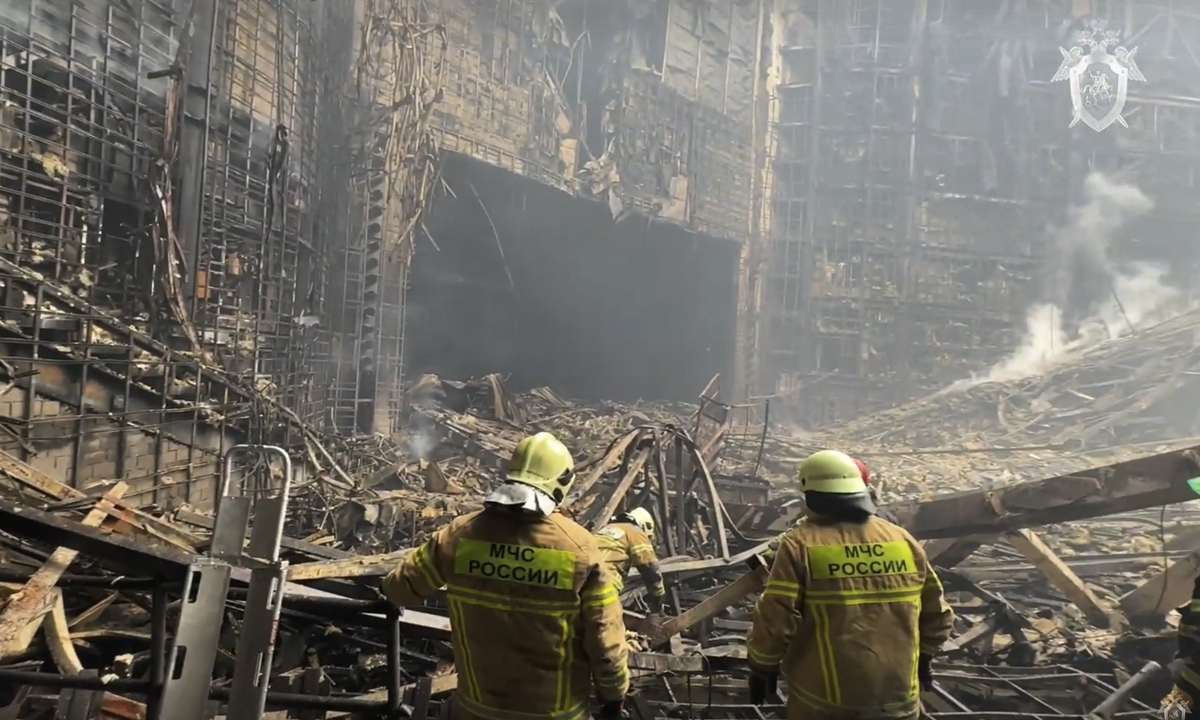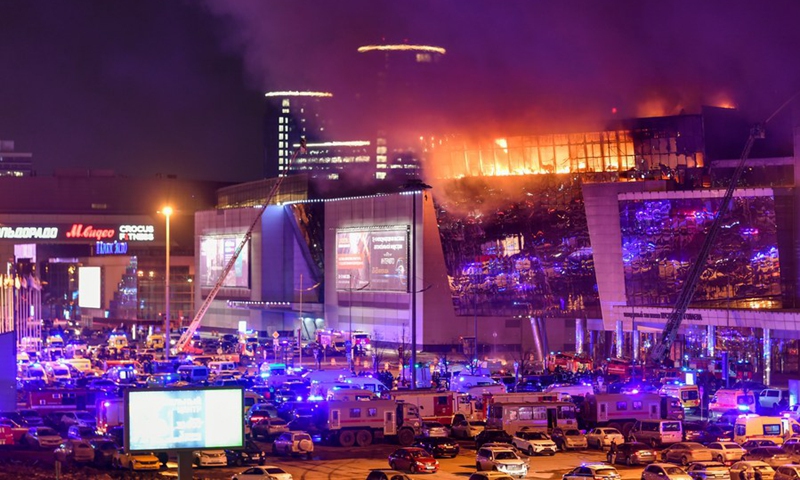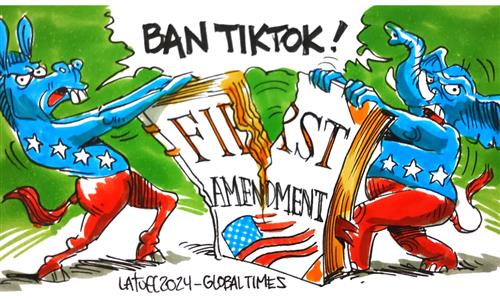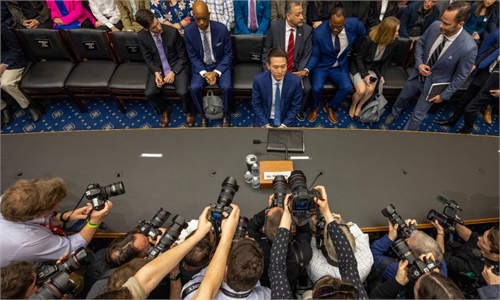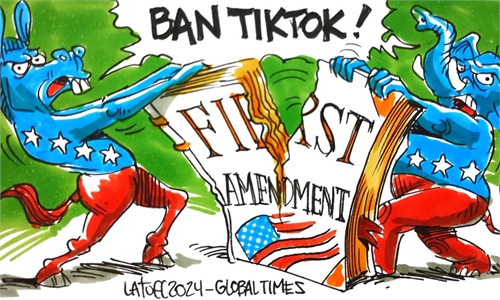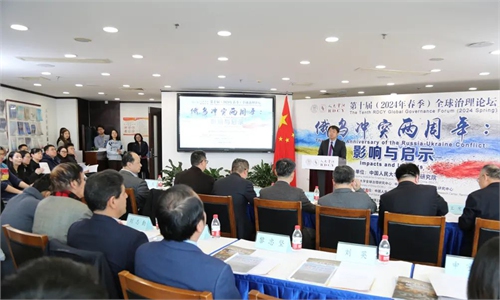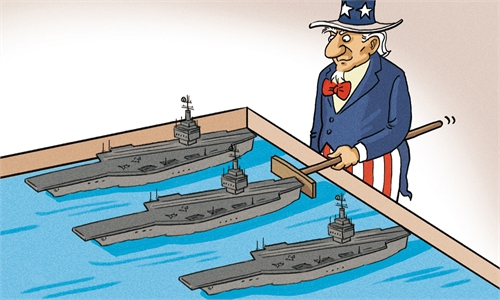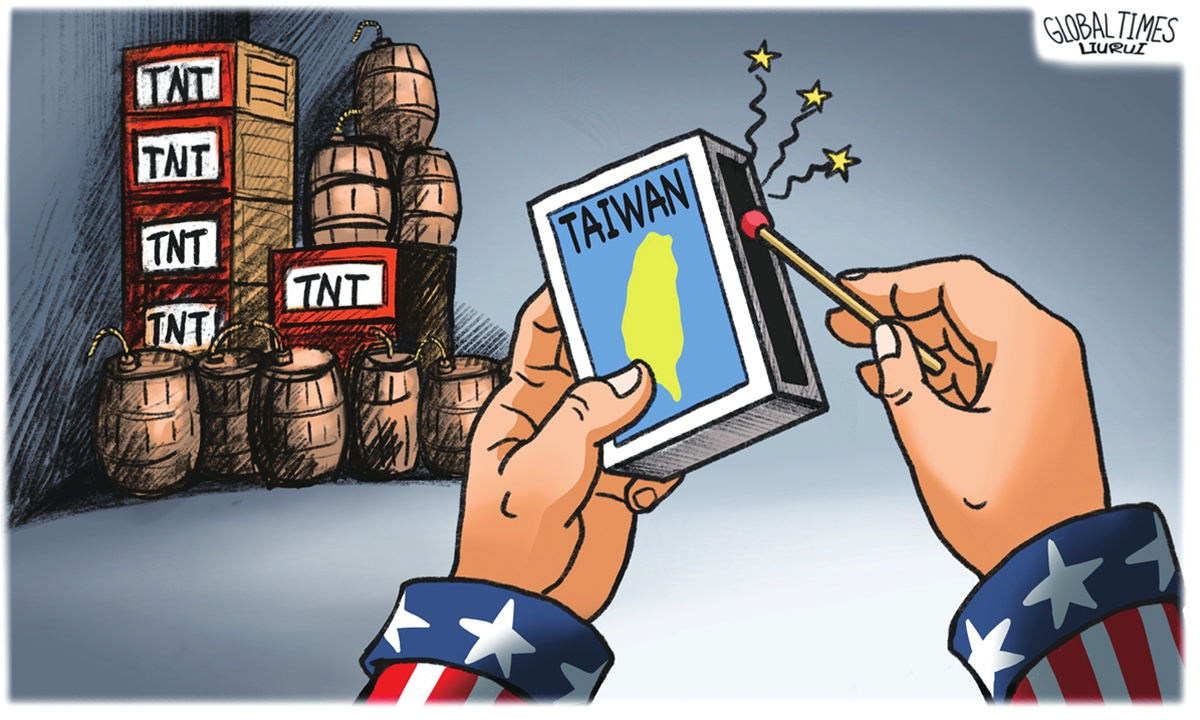The New Arab looks into who ISIS-K are and why they might have carried out the attack in Moscow that killed over 100 people.
The perpetrators of the attack started a fire that completely destroyed the Crocus City Hall [GettyA branch of the Islamic State group (IS), which once controlled vast swathes of Iraq and Syria, has claimed responsibility for the deadly terror attack at a Moscow concert hall which took place on Friday.
At least 133 people were killed and over 145 injured when as many as five gunmen, armed with automatic weapons, entered the Crocus City Hall and opened fire on concertgoers, who were there to see the popular Soviet-era rock band Picnic.
Hours after the attack, the Islamic State Khorasan Province, known as ISKP or ISIS-K, the Afghan affiliate of ISIS, claimed responsibility for the attack through the group’s Amaq news agency.
The New Arab looks into what ISIS-K are and why they are targeting Russia.
What is the Islamic State Khorasan Province (ISIS-K)?
Khorasan is the historical name for the region between central and West Asia, including Afghanistan, Turkmenistan and parts of northeastern Iran.
ISIS-K emerged in eastern Afghanistan in 2015 during the Taliban insurgency against the US-led coalition and the emergence of ISIS in its “caliphate” form in Iraq and Syria.
The group formed from defectors of the Taliban, dissident Salafi-Jihadists suppressed during Taliban rule, and militants from Pakistan and Uzbekistan. It launched attacks not only on US forces and their allies in Afghanistan but also the Taliban and saw anyone who opposed its particular Salafi-jihadist worldview as a legitimate target.
This situation has persisted, with the Taliban—having taken control of Afghanistan after the US withdrawal in 2021—and ISIS-K remaining in conflict. But the Taliban has struggled to suppress the group, with Afghanistan becoming a safe haven for ISIS-K and its ideological reach and networks expanding.
This has coincided with a general uptick in ISIS activity around the world, most notably in Iraq and Syria.
Since its inception, ISIS-K has also launched several attacks outside Afghanistan, most recently the twin bombings in Kerman in Iran last January that killed just under 100 people.
Why is ISIS-K targeting Russia?
ISIS-K has opposed the Russian government for years but experts who follow the group's activities say that it only began to re-focused its attentions on Russia since the US withdrawal from Afghanistan.
“ISIS-K has been fixated on Russia for the past two years, frequently criticising Putin in its propaganda,” said Colin Clarke of the Soufan Center, a Washington-based research group.
Michael Kugelman of the Washington, DC-based Wilson Centre said ISIS-K “sees Russia as being complicit in activities that regularly oppress Muslims”.
More specifically, ISIS-K has used Putin’s brutal military intervention in Syria on behalf of the regime of Bashar al-Assad to justify its attacks on Russia. Though ISIS more often than not fought Syria’s moderate rebels rather than the Assad regime, ISIS-K has used Russia’s intervention in Syria as a recruitment tool.
Along with Russian intervention in Syria, the group also cites Russia’s destructive wars against Muslim-majority Chechnya as direct justifications for its hostility to Moscow.
Has ISIS-K attacked Russia before?
In 2022, as many as 10 people were killed when a suicide bomber targeted Russia’s embassy in Kabul, with ISIS-K claiming responsibility for the attack.
Earlier this month, Russia reported several incidents involving ISIS-K, with the FSB intelligence agency saying on 7 March it foiled an attack on a synagogue in Moscow.
The US said it had warned Russia of intelligence indicating an immediate threat posed by ISIS-K, with alleged plans for attacks on 'large gatherings' in Moscow. On Friday, a US official stated that Washington had intelligence confirming ISIS-K's claim of responsibility for the Crocus City Hall attack.
What has Russia’s reaction been?
Russia has said its security forces have arrested 11 suspects connected with the attack, while they are hunting for the rest. Russian President Vladimir Putin has said in an address to the Russian people that Ukraine is involved in the attack.
Given Russia continues to wage war on Ukraine, Putin’s regime may want to exploit the attack to place responsibility for it on Kyiv, even if it acknowledges ISIS-K’s involvement.
Russia’s Federal Security Service (FSB) said four of the attack suspects had been trying to reach Ukraine and had “contacts” in the country. This excessive focus on Ukraine could leave Russia susceptible to more attacks by ISIS-K, as it fails to address the reasons why the group is targeting it.
Dmitry Medvedev, Russia’s former president who now is deputy head of the security council, said that if Kyiv’s involvement in the attack on the concert hall is proved, all those involved “must be tracked down and killed without mercy, including officials of the state that committed such outrage”.
Ukraine has denied any involvement in the attack.
The terror attack in Moscow that has reportedly caused at least 133 deaths will further unify Russians, as Chinese experts ...
More than 133 people have been killed and 145 injured in a terrorist attack at the Crocus City Hall music venue in the city of Krasnogorsk in the Moscow Region as of press time on Saturday. This is the first large-scale terrorist attack targeting civilians within Russia since the start of the Russia-Ukraine conflict and came within a week after Vladimir Putin won a reelection victory. Analysts said the terror attack will likely shock Russian people psychologically and put pressure on Kremlin to stablize the situation and calm the public.
Witness to history: Chinese in Russia recall narrowly escaping from Moscow concert massacre; community offers timely help and solace






